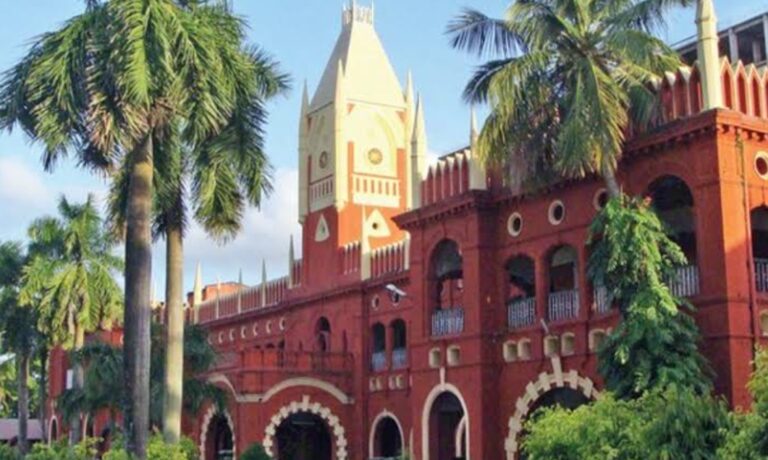In a recent ruling in July 2025, the Orissa High Court dismissed a writ petition challenging a provisional attachment order issued by GST authorities. The dismissal was on the ground of infructuousness, as the petitioner had already availed statutory remedy by filing an appeal under Section 107 of the CGST Act, and the department had consequently withdrawn the attachment order under Section 107(7).
🧾 Case Title & Date
- Case: M/s Manoj Distributor v. Union of India & Ors.
- Court: Orissa High Court (Division Bench: Chief Justice Harish Tandon & Justice M. S. Raman)
- Judgment Date: 3 July 2025
🔍 Facts of the Case
- Petitioner: M/s Manoj Distributor filed a writ petition under Article 226 of the Constitution, seeking to quash:
- The GST assessment order, and
- The provisional attachment order issued under Section 83 of the CGST Act, aimed at recovering dues.
- Statutory Appeal & Pre-deposit:
- During the writ proceedings, petitioner lodged a statutory appeal under Section 107 of the CGST Act.
- Along with the appeal, the required pre-deposit was made.
- The appeal was admitted by the Appellate Authority.
- Withdrawal of Attachment:
- Once the appeal was admitted, under Section 107(7), the statutory stay came into effect.
- The GST Department recognized this and withdrew the attachment order.
⚖️ Court’s Observations & Holding
- The Court highlighted key points:
“Since the order of attachment has already been withdrawn and the original order of assessment is the subject‑matter of challenge in the statutory appeal, we thus feel that justice would not be sub‑served to keep the instant writ petition pending.”
- It emphasized:
- The statutory remedy under Section 107 was available, initiated, and admitted.
- The actual cause of action (attachment) had ceased following its withdrawal.
- Therefore, the writ petition stood rendered infructuous.
- The bench clarified that dismissing the writ petition would not prejudice the petitioner’s rights in the ongoing appeal.
✅ Legal Principles Reinforced
- Infructuous Writ
- Courts may dismiss writ petitions if subsequent events (e.g., withdrawal of attachment) render them academic.
- Efficacy of Statutory Appeals
- Filing an appeal under Section 107 and payment of pre-deposit triggers an automatic stay under Section 107(7), making parallel writs unnecessary.
- Judicial Economy & Relief Availability
- The availability of an effective statutory remedy that is already in motion makes constitutional intervention unnecessary.
💼 Implications for Practitioners & Taxpayers
- Always consider statutory avenues: Writ petitions may be dismissed if an appeal mechanism is functional and invoked.
- Section 107(7) acts as a potent tool—filing an appeal and pre-deposit can neutralize adverse recovery measures, including attachments.
- Writ petitions challenging recovery actions stand weaker once such actions are automatically stayed and subsequently withdrawn.
🏁 Conclusion
This Orissa HC judgment from July 2025 is a textbook instance of how GST litigation should be managed effectively:
- Utilize statutory appeals first,
- Ensure pre-deposit compliance,
- Let Section 107(7) do its work, and
- Avoid unnecessary writ challenges when statutory remedies suffice.
It’s a timely reminder: in GST matters, appeal mechanisms are not just procedural steps—they can be decisive shields.
